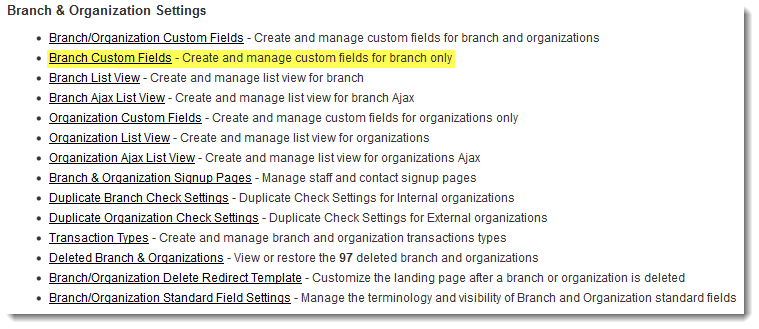Root Company Variable
From SmartWiki
Root Company Variables can be referenced throughout your copy of SmartSimple using the syntax @rootcompany.fieldname@ or @rootcompany.#fieldid#@. The syntax is the same throughout the instance, irrespective of the object upon which the variable resides. In other words, the variable @rootcompany.fieldname@ will return the same value on a contact record, company record or record of any level.
- Root Company Variables have a similar utility to System Variables, in that they can store information that is relevant throughout your copy of SmartSimple in a centralized location.
- The advantages of Root Company Variables over System Variables are:
- Root Company Variables can have their format validated (set as date, numeric, limited values in a combo box or checkboxes, and/or make use of JavaScript Validation)
- Access to Root Company Variables can be controlled by role permissions; System Variables can only be edited by Global User Administrators
- Root Company Variables, like other custom fields, can be organized into tabs
- The advantage of System Variables is that, using the System2 syntax, you can pre-process the variable name to access different system variables based on the context (see System Variables page for further information).
Creating Root Company Variables
To create a Root Company Variable:
- Go to Global Settings
- Click on the Company Custom Fields hyperlink under Company & Account Settings (renamed to Branch & Organization Settings in example below)
- Create a custom field.
- Edit your Root Company and enter a value into the custom field.
- Save the changes.
- To make the custom fields visible only on the Root Company, enter the following in the Visibility Condition of the custom field:
"@companyid@"="@rootcompanyid@"
- Irrespective of whether the custom field is visible on all internal company records or just the Root Company, the @rootcompany.fieldname@ syntax will only return the value entered into the field on the Root Company itself.
